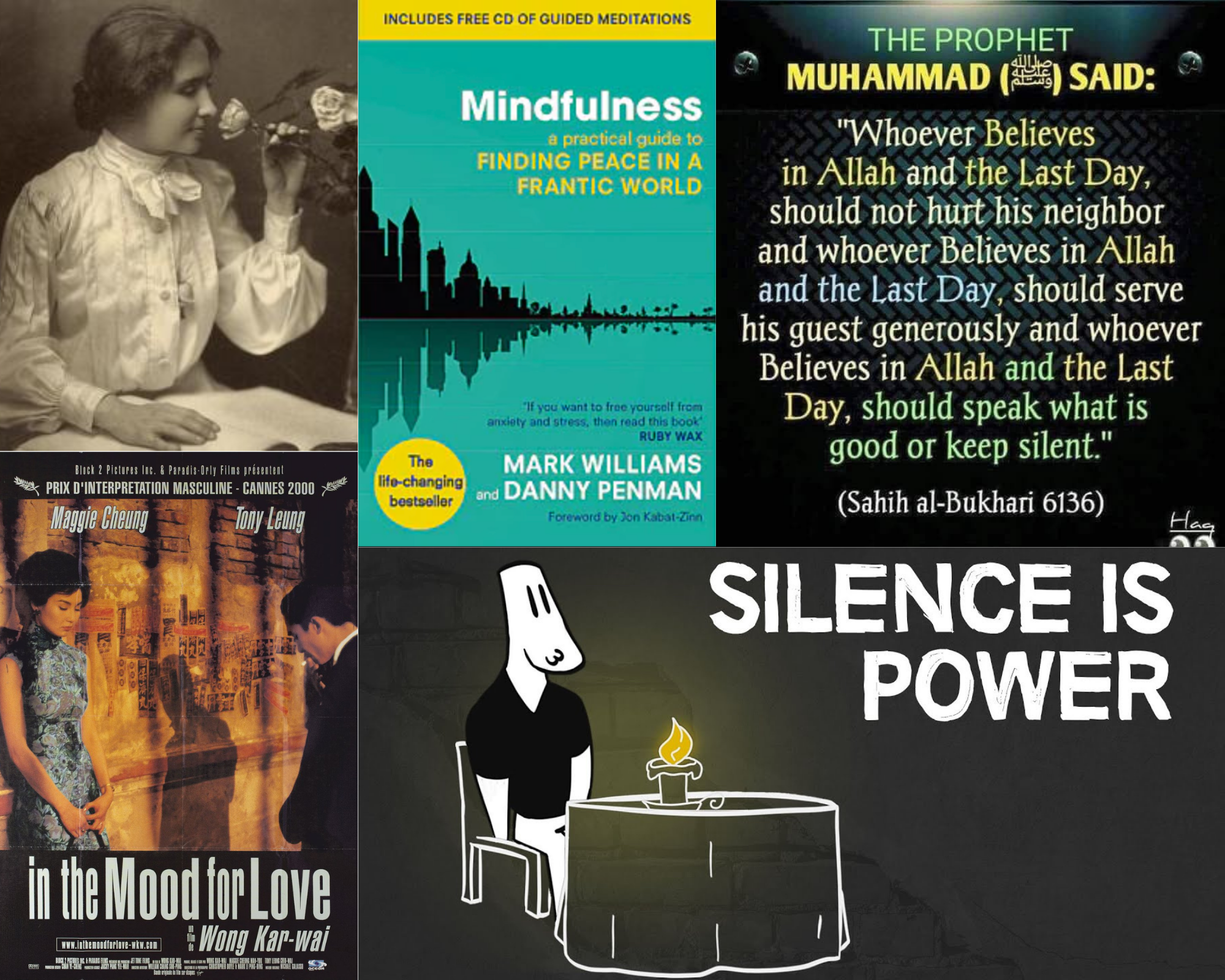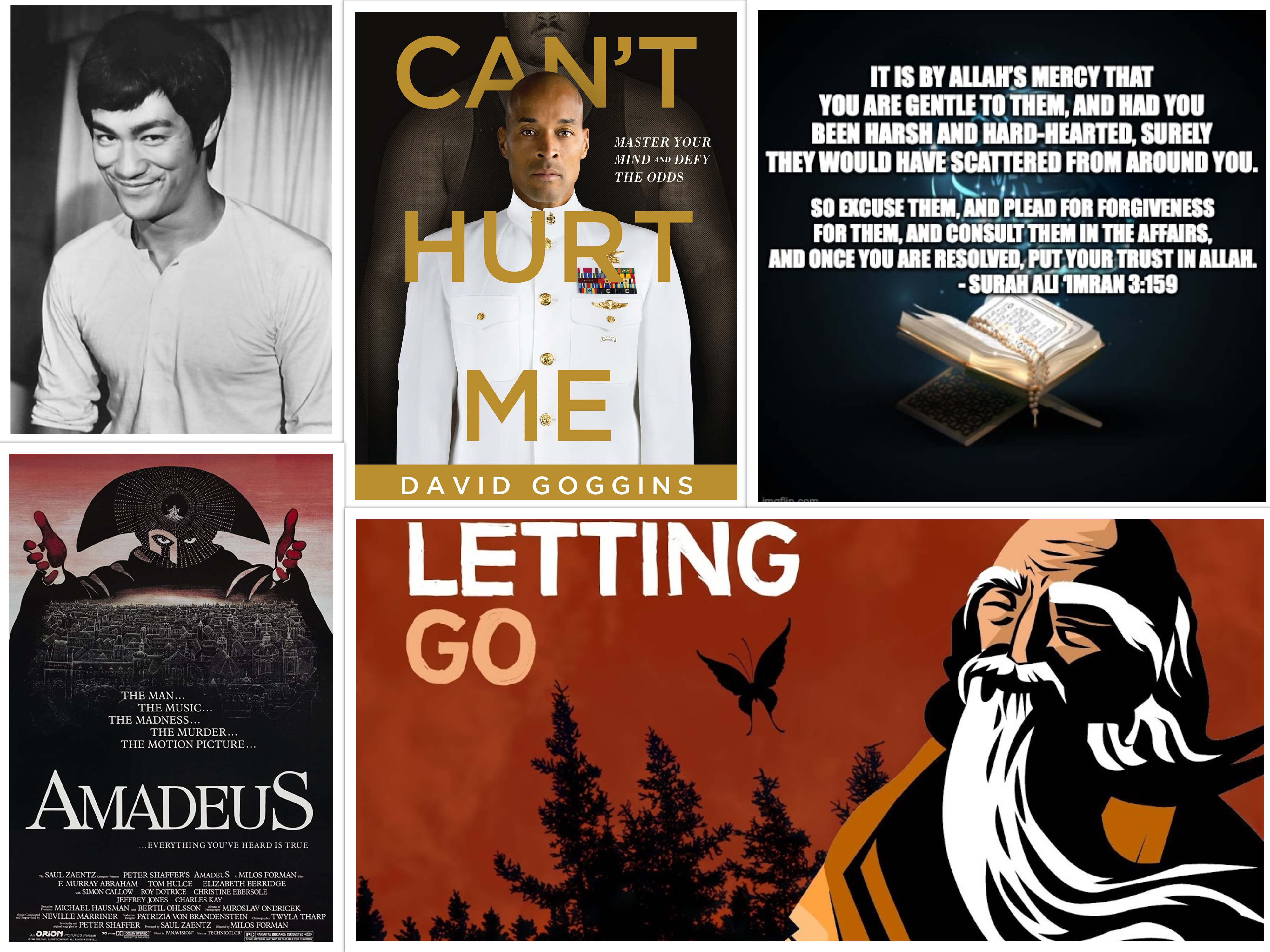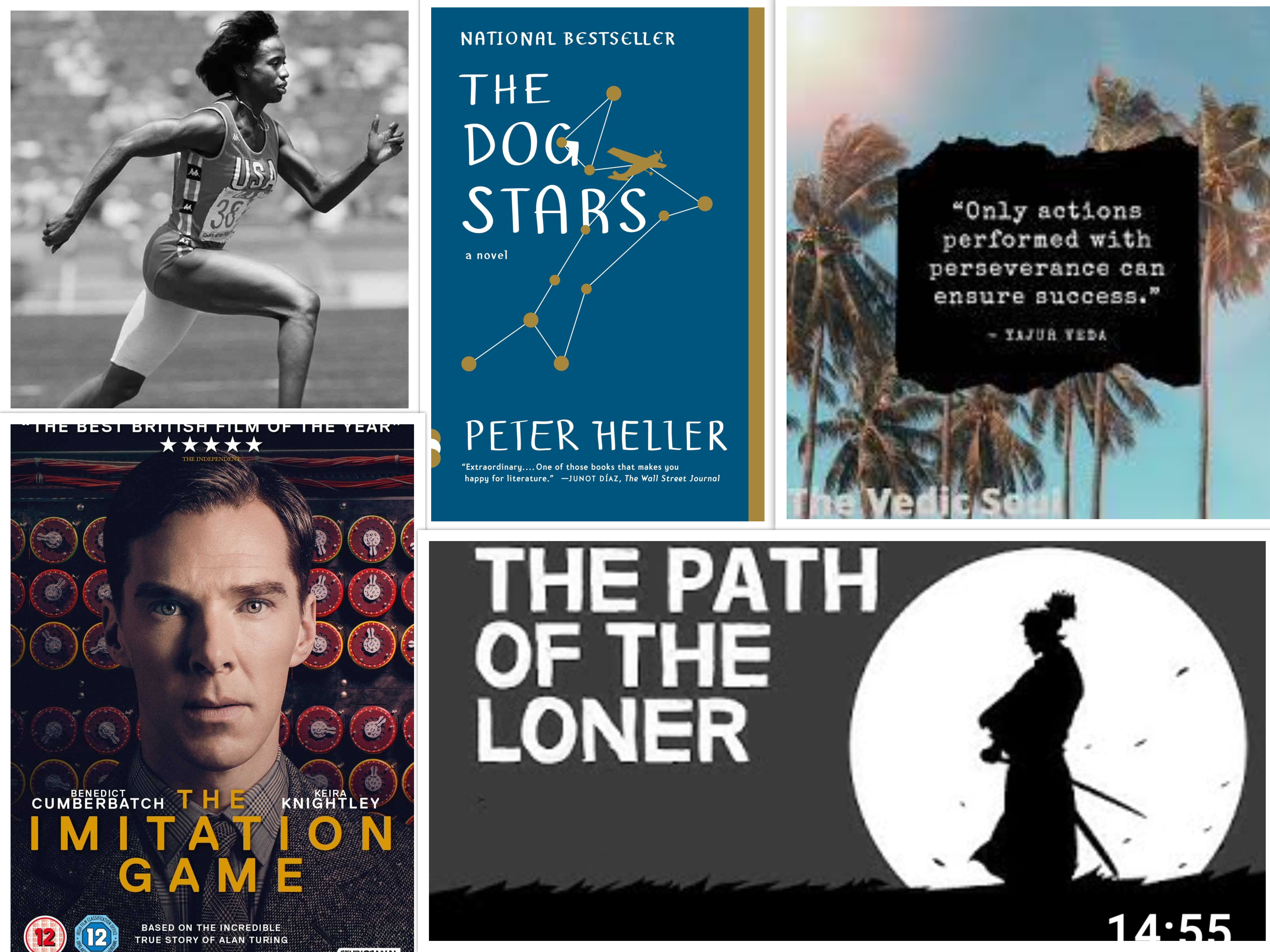Sunday Supplement #61 (July 10th, 2022)
Below is another Sunday Supplement with a quote worth sharing, a book worth reading, a movie worth watching, brainfood worth consuming, and a spiritual passage worth pondering.
I hope you take something away from these recommendations that enriches your week ahead!
Quote of the Week:
“Everything has its wonders, even darkness and silence, and I learn whatever state I may be in, therein to be content.”
– Helen Keller
Book of the Week:
Mindfulness – Mark Williams and Danny Penman
Oxford professor Mark Williams is one of the leading thinkers on Mindfulness-Based Cognitive Therapy. He teamed up with award-winning journalist Danny Penman to write Mindfulness.
The book explains simple and straightforward practices from Mindfulness-Based Cognitive Therapy to help dissolve anxiety, stress, exhaustion, and unhappiness.
Mindfulness’s subtitle is An Eight-Week Plan for Finding Peace in a Frantic World.
The mindfulness meditation program is broken down and explained in a way anyone can do. The time the practice requires is only 10-20 minutes per day.
One of my favorite things about this book is that it doesn’t rely on spirituality or religion to explain the benefits of meditation.
I don’t think it’s a coincidence that many spiritual traditions include meditation, but I find it promising that science has found a way to separate the practice from religion.
There are many different books, apps, and videos that explain and provide lessons for meditation. It’s worth checking Mindfulness out to see if it resonates for you.
Movie of the Week:
One of my favorite films is Wong Kar-Wai’s In the Mood for Love. It tells the story of two neighbors who befriend each other after suspecting the extramarital activities of their spouses.
The film beautifully shows the platonic relationship of the two neighbors as they question and reenact situations they believe formed their spouses’ relationship.
Everything in the movie is choreographed exquisitely. The music and the cinematography enhance the brilliant acting from leads Maggie Cheung and Tony Chui-Wai Leung.
The film premiered at Cannes Film Festival in 2000 and received a nomination for the Palme d’Or. Tony Leung won Best Actor, becoming the first Hong Kong actor to win the award.
Much of the movie is explored through scenes without dialogue. Some of the best sequences occur through close attention to mannerisms and non-verbal exchanges.
I’ve found that there aren’t many movies that leave lasting impressions on their viewers. This movie is one that I find myself often visiting over the years.
In the Mood for Love is well worth checking out if you’re looking for a movie that explores the human experience in a subtle and profound manner.
Brainfood of the Week:
Why Silence is Power | Priceless Benefits of Being Silent | Einzelgänger
Einzelgänger is a YouTube channel that creates videos exploring different people and ideas of history with the aim of making content that inspires, resonates, and entertains.
I’ve featured three of Einzelgänger’s videos in previous Sunday Supplements.
This video explores the advantages of silence in creativity, mental health, spiritual and religious practice, and other everyday situations. It breaks down into four parts.
Silence can also send a powerful message. In conversation, pausing or choosing not to speak can give a person strength. In protest, silence can express what discourse cannot.
Studies have shown that silence relaxes the mind, enhances sleep, and lessens insomnia. Excessive input of noise is detrimental to our ability to function.
All of these topics are explored in more depth in the video. On the surface, the necessity of silence is obvious, but Einzelgänger’s video has many insights worth picking up.
Closing Spiritual Passage:
“Whoever believes in Allah and the Last Day should speak what is good or keep silent.”
– Sahih al-Bukhari 6126
Sahih al-Bukhari is one of the six major collections of Hadith, based on the Islamic prophet Muhammed’s teachings, sayings, traditions, and practices.
The whole passage starts with, whoever believes in Allah and the Last Day should not hurt his neighbor. The second part says whoever believes in Allah and the Last Day should serve his guest generously.
The third and last part of the passage is the one I’ve highlighted above. It reminds me of the saying, “If you can’t say something kind, don’t say anything.”
Words have much power, but I believe silence equally holds great power. Many great speeches exist, but a single word or silence can be just as profound.
The passage above from the Hadith reminds me that speaking isn’t always necessary. Silence is a tool that can be louder than words.
Explore and look for moments of silence, and have a blessed week ahead!
Comments closed


